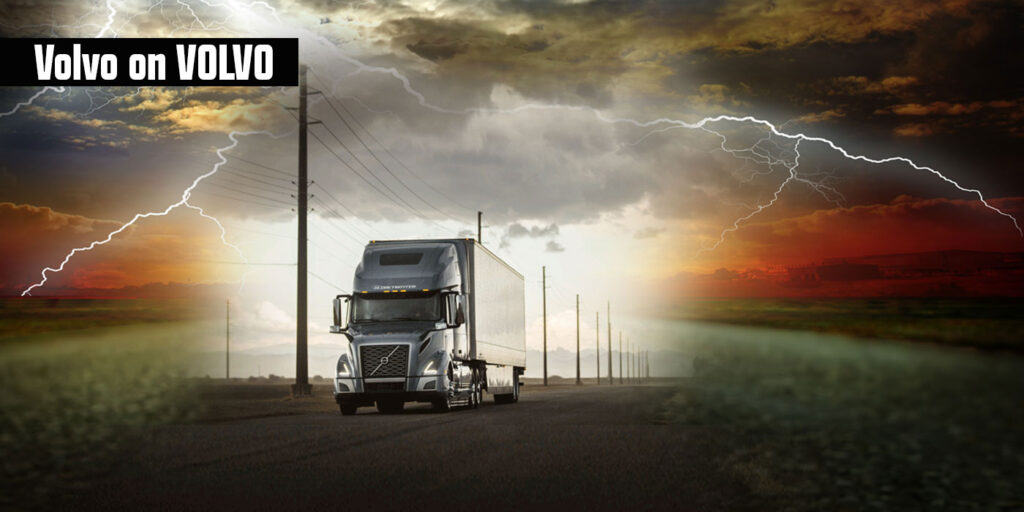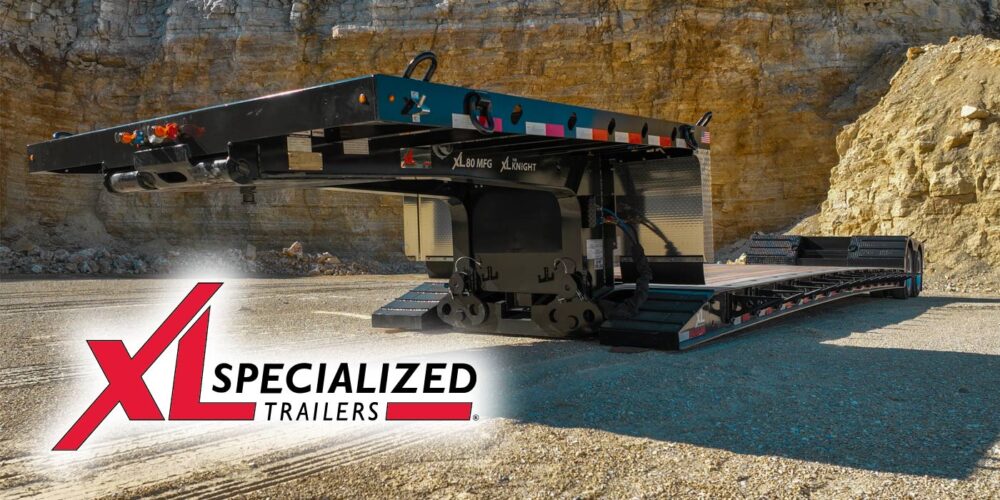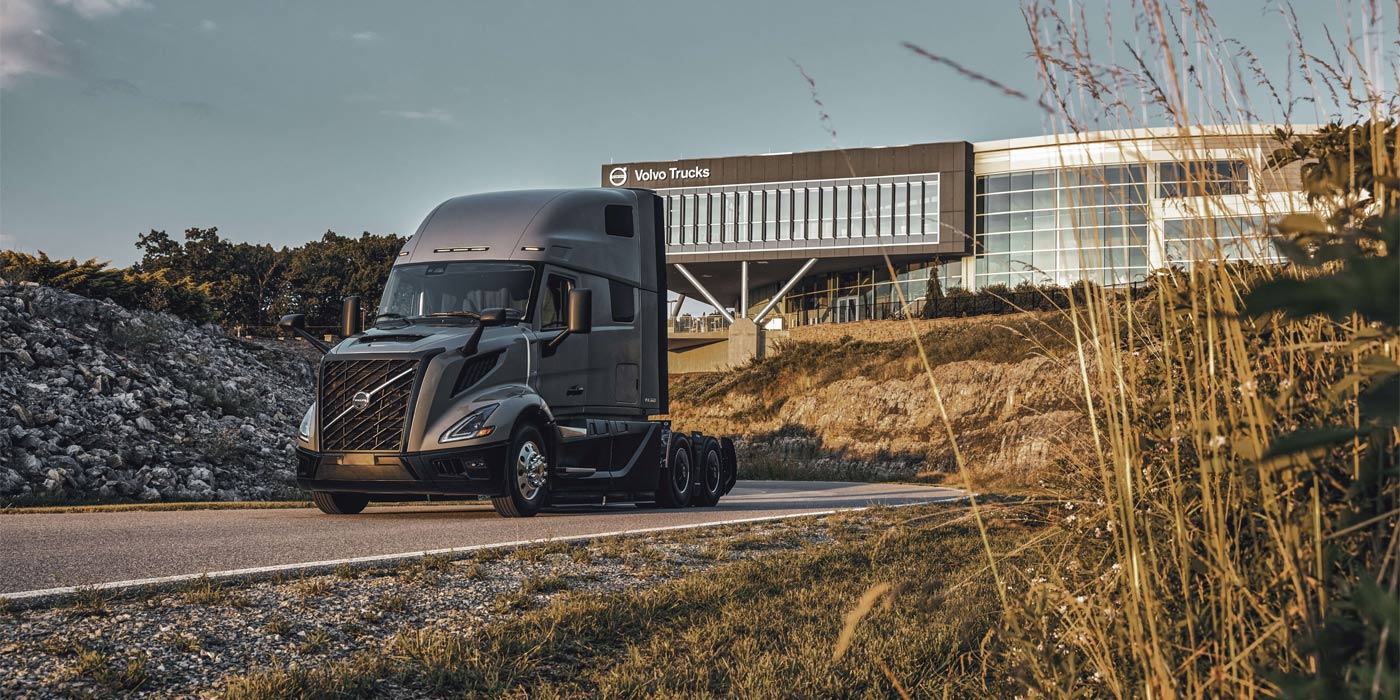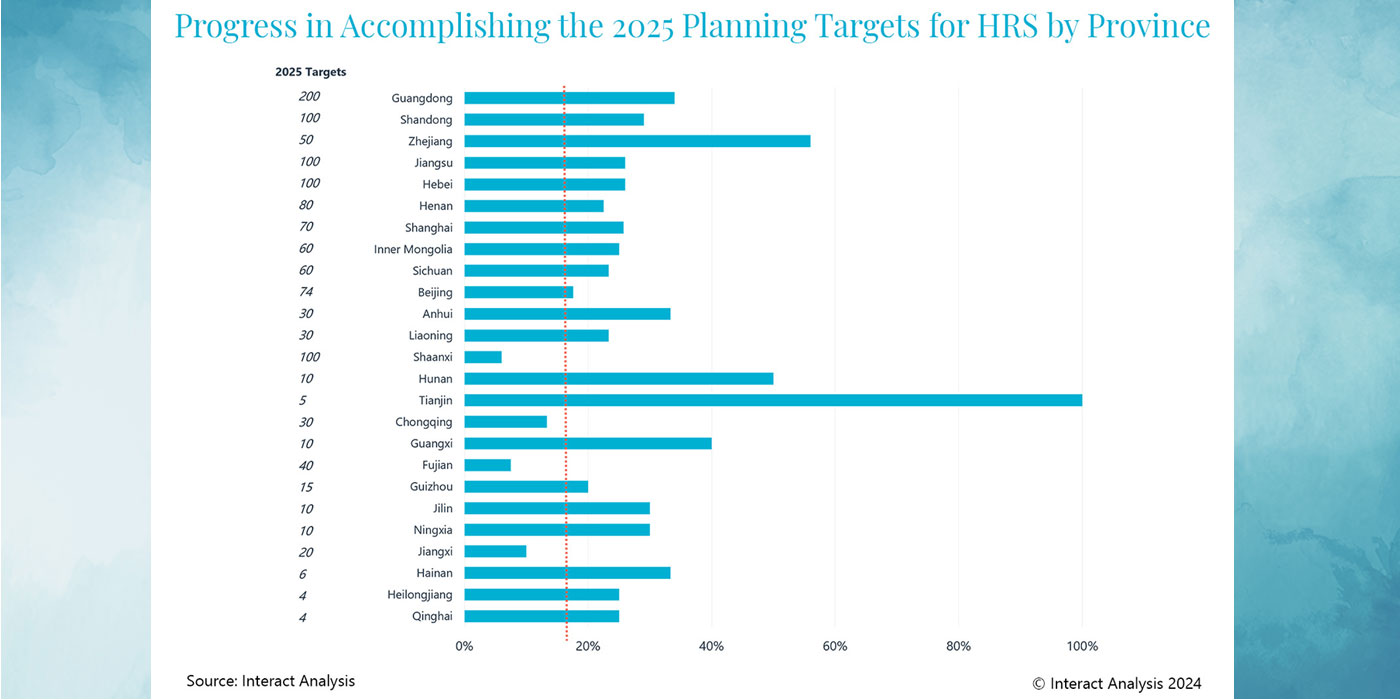Enough about electric trucks. Yes, they’re exciting. Yes, the technology is growing to meet more applications. Yes, electromobility will be a big segment of trucking’s future. It’s important, and talking about the possibilities now means being prepared for the challenges of tomorrow.
None of that helps us right now. Today has plenty of challenges. Challenges that Peter Voorhoeve, Volvo Trucks North America president, is all too aware of: manufacturing challenges, supply chain challenges, seemingly unceasing truck market demand, and all while staring down the barrel of another round of stringent greenhouse gas requirements (2024 ushers in another interim standard as we barrel toward 2027.)
So let’s put the questions to him in a lightning round-style Q&A so we can knock out the info and get back to talking about the electrifyingly exciting future of trucking equipment.
Here we go.
Question 1: What’s your view of the market right now and where is demand heading?
Voorhoeve: We have a fairly hot market right now, mainly driven by pent up demand in the transport sector on one hand and then a strained supply chain on the other hand. With the 2024 emission regulation from CARB, I think that it will slow down momentarily. You do see spot rates coming down a little bit, but they’re still at a high level. The clogs in the harbors are getting solved, and we are slowly coming back to a normal supply situation. But I think the fact that we’re now heading towards 2024 will keep demand on a relatively high level.
Question 2: Speaking of supply chain, how are you managing those challenges day-to-day?
Voorhoeve: Just as you said, “Day-to-day.” We have good relationships with our suppliers. We not only talk with our direct suppliers, we talk with their suppliers as well. We go three layers into the supply chain. We have always had good partnerships. I think we have even developed closer partnerships now with our suppliers. It’s literally day-to-day hard work to overcome the issues that we have. Partnership is the way.
Question 3: How is it impacting your order boards?
Voorhoeve: We try to run our order board so that we can buffer a little bit between the industrial supply system and the customer demand. That’s not always easy, but we try to buffer there a little bit. Again, day-to-day work and partnership is what gets us through.
Question 4: How do you manage fleet customer expectations?
Voorhoeve: Communication is key. When we talk with customers what we see is that instead of becoming angry about supply chain challenges they ask, “How can we manage this?” Because it’s not just us. I was sitting at an airport recently and overheard three or four people on the phone saying, “I know. I’m sorry. I could have told you earlier.” They were all having the same conversation, and I don’t even know what industries they were in. It’s everywhere. But it comes back to communication.
Question 5: Switching gears. What’s the future of diesel trucks from Volvo’s view?
Voorhoeve: We are continuingly developing our diesel engine. We made turbo compounding standard on our Volvo VNL sleepers. And we did that before today’s diesel prices because it just makes sense to increase fuel efficiency.
Recently, we came out with I-Torque. I love I-Torque for a couple of reasons. We use our I-shift AMT gearbox with crawler gear and that allows us to change the rear axle ratio. It lets you maintain your driveability and putting it in overdrive enables much better fuel economy. Then there’s I-See that is computer-controlled shifting with map topography integrations.
We’re continuously developing the engine itself, but also all the services and technology around it. It’s technology-driven fuel efficiency. Not shortcutting; technology-driven fuel efficiency improvements, which I think is fantastic.
Question 6: What else are you excited about as you look at the back half of 2022?
Voorhoeve: The supply chain has been a challenge, but the way we managed the supply chain in quarter one really excites me. That really excites me. Tough, but I think we’re getting there.














